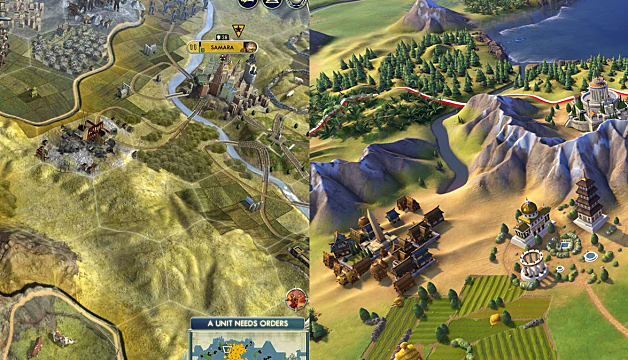

Introduction: "Welcome to the Prince's Palace. Can you put this great wealth to the betterment of your people? Can you ensure their happiness and their compliance? Can you build a civilization that can stand the test of time?" Noble Prince, the great wealth of your House leaves Monaco in a position to cultivate a haven for liberty and prosperity, should you only be there to guide it. But through your careful reforms, the powers of the great Grimaldis would not diminish but remain, and it would do so well into the 21st century.

Under your reign, Monaco would be ushered into the modern age of constitutions and republics. For 700 years, the Grimaldis have ruled over the lands of Monaco with a shrewd business acumen and a stalwart grip on their sovereignty.
.jpg)
Monaco is the land of your forefathers - the ancient and noble House of Grimaldi. Alongside his expeditions, Albert I made reforms on political, economic and social levels, bestowing a constitution on the Principality in 1911. He devoted much of his life to oceanography. Full recognition of the princely title was obtained by Honoré II in 1641.Īlbert I was Prince of Monaco and Duke of Valentinois from 10 September 1889 until his death. The first Monégasque coins were minted in the 16th century. She ceded her rights to her husband and cousin, Lambert, during whose reign, in 1489, the duke of Savoy recognized the independence of Monaco. Claudine became sovereign upon the death of her father, Catalan, in 1457. The principality was founded in 1338 by Charles I, during whose reign Menton and Roquebrune were acquired. The Genoese built a fort on the site of present-day Monaco in 1215, and the Grimaldi family secured control late in the 13th century. The family name, Grimaldi, was adapted from the Christian name of Canella's youngest son, Grimaldo. The ruling family of Monaco, the house of Grimaldi, traces its ancestry to Otto Canella (c.1070–1143), who was consul of Genoa in 1133.


 0 kommentar(er)
0 kommentar(er)
